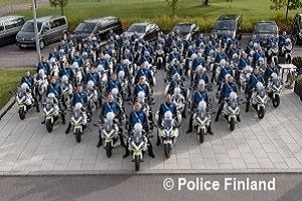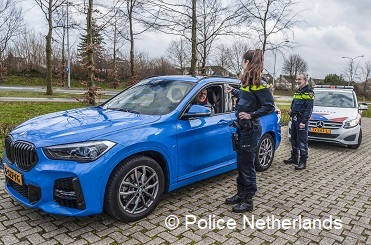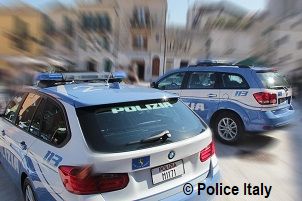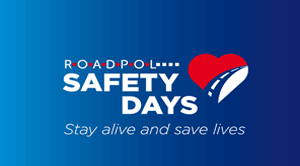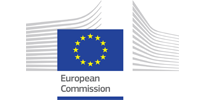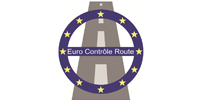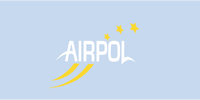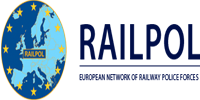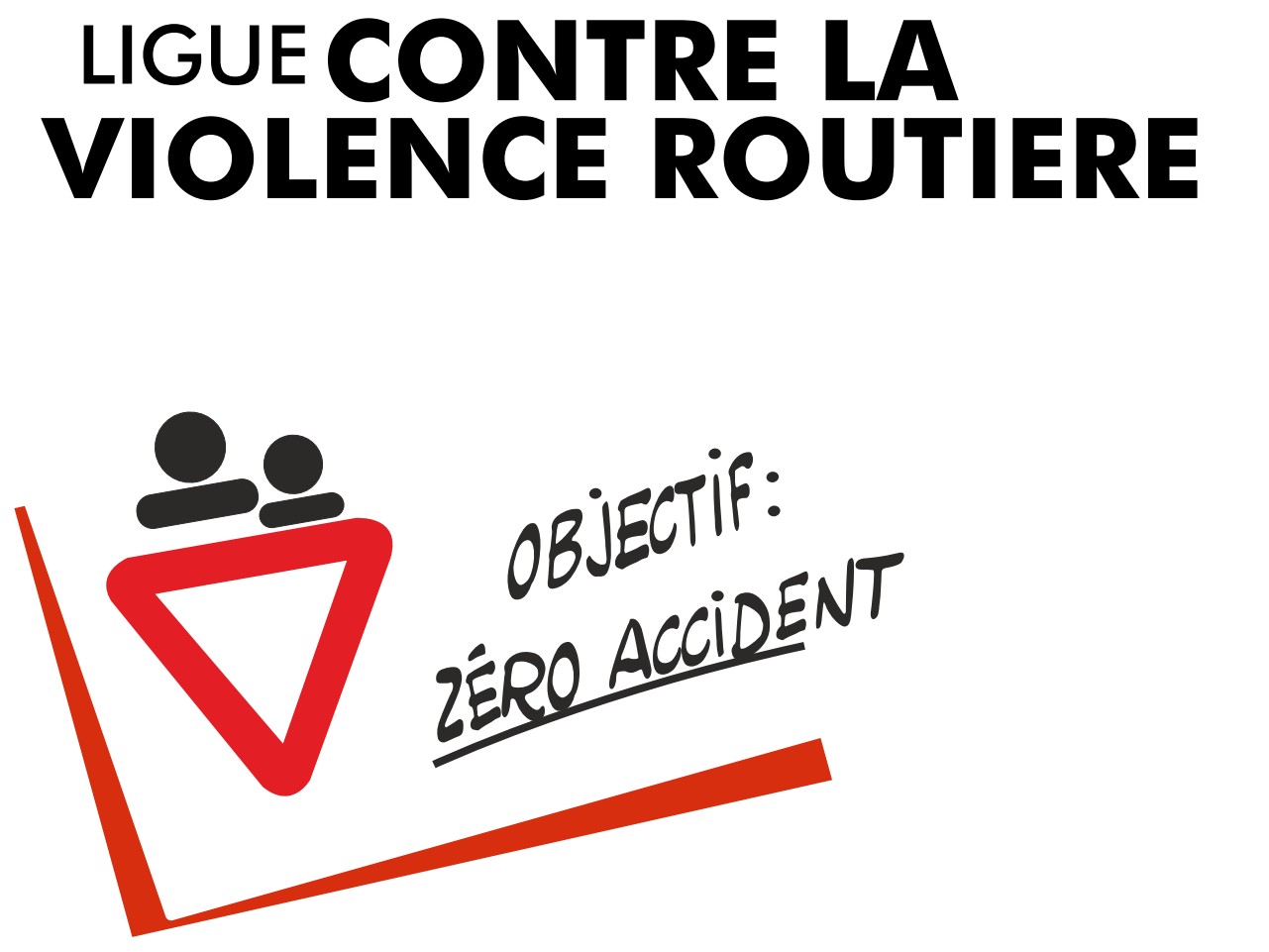Poland
This is a ROADPOL country driving guide to help drivers visiting Poland.
Visitor Information:
- Poland occupies an area of 312,685 square km
- The country has 37,97 million inhabitants and 28,7 milion registred vehicles, of which 22 milion are passenger cars, 1,4 motorcycles, 1,3 mopeds and 3,2 milion are trucks.
- There are 419.636,4 km of public roads in the country (68.678,6 urban and 350.957,8 rural), including:
- 19.292,8 national (4.198,4 urban and 15.094,4 rural)
- 29.108,6 regional (4.458,5 urban and 24.482,7 rural)
- 125.092,3 district (13.546,1 urban and 111.546,2 rural)
- 246.142,7 communal (46.308,2 urban and 199.834,5 rural)
- 1.638,5 km of motorways and 2.092,2 express roads.
- Poland's border countries are: Germany, the Czech Republic, Slovakia, Ukraine, Belarus, Lithuania and Russia.
- Geographically Poland is at the very centre of Europe.The geometrical central point of the whole continent can be found in a town of Schowola in the East of the country.
- The name "Poland" - in Latin "Polonia" and in Polish "Polska" comes from the name of the tribe "Polanie", who used to inhabit the western part of today's country. It used to mean: people living in open fields
- The international vehicle ID vehicle code is ‘PL’
Collision & Breakdown Information:
- In case of breakdown, use hazard lights. On motorways and express roads, place a warning triangle about 100 metres behind the vehicle; telephone for help using the emergency phones. On other roads, outside a built up area, when “parking is not allowed” use hazard lights and place the warning triangle between 30 - 50 metres behind the vehicle. In built-up areas , when “parking is not allowed” hazard lights are enough, but when the car is not equipped with hazard ligths the driver is obliged to turn on side-lights and place the warning triangle straight behind the vehicle or on the vehicle (not higher than 1 meter).
- In case of collision, remove the vehicle from the road, make all useful data available to other participants of this event. Write/take a statement or call the police (112). In case of accident, give assistance to casualties, call the ambulance or/and police (112). There is no obligation to call the police from the place of the collision. However you can call the police, if there are doubts in area of the circumstances of the road incident, the state of perpetrator's sobriety, when the perpetrator doesn't admit fault, or when the offender ran away, etc. You must call the police when there are injuries or fatalities.
Useful Phrase 1 - English:
Call the Police!
Useful Phrase 1 - Destination:
Prosze zadzwonic po Policje!
Useful Phrase 2 - English:
Do you speak English?
Useful Phrase 2 - Destination:
Czy mowisz po angielsku?
Useful Phrase 3 - English:
Where is the nearest fuel station?
Useful Phrase 3 - Destination:
Gdzie znajduje sie najblizsza stacja benzynowa?
Useful Phrase 4 - English:
I am lost.
Useful Phrase 4 - Destination:
Zgubilem sie.
Useful Phrase 5 - English:
Thank you!
Useful Phrase 5 - Destination:
Dziekuje!
Road Traffic Policing:
- There are approximately 9.192 traffic police officers.
- Violations against regulations of the Road Traffic Act are enforced by traffic policemen. In some cases, any officer (not only traffic police) can stop an offender.
- In some cases, a car can be stopped or a driver dealt with by a representative of Road Transport Inspectorate, Municipal Guard, Border Guard, Customs.
Road Traffic Enforcement:
- The driving license can be immediately suspended/withdrawn for 3 months, when the overspeeding is higher than 50 km/h in the urban area.
- The driving license can be immediately suspended/withdrawn for 3 months, when in the vehicle is not allowed to carry the number of passengers.
- If the driver does not obey the driving ban, the period of suspension will be extended for 6 months. If the driver for a 2nd time does not obey the ban the driving license will be taken away from the driver.
Individual limits and specific driving requirements:
For more information about driving in Poland please see the European Commission Road Safety Link - 'Going Abroad':
http://ec.europa.eu/transport/road_safety/going_abroad/poland/index_en.htm


